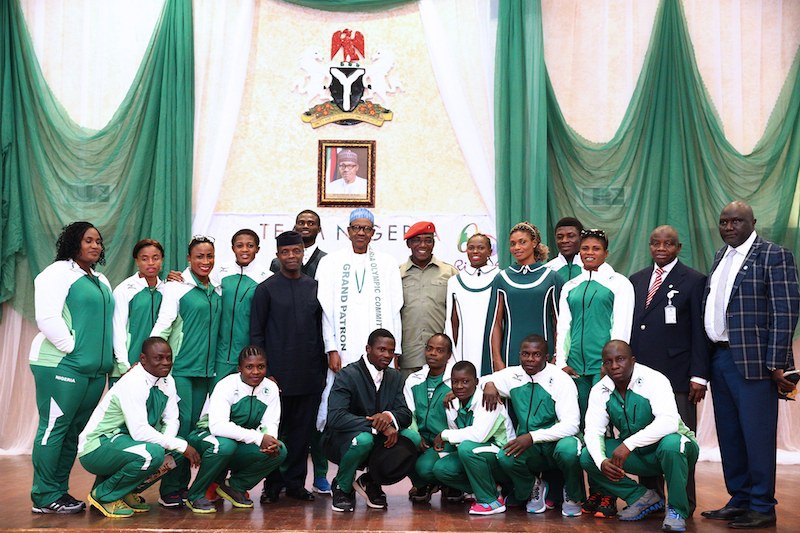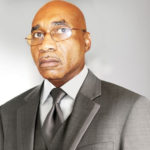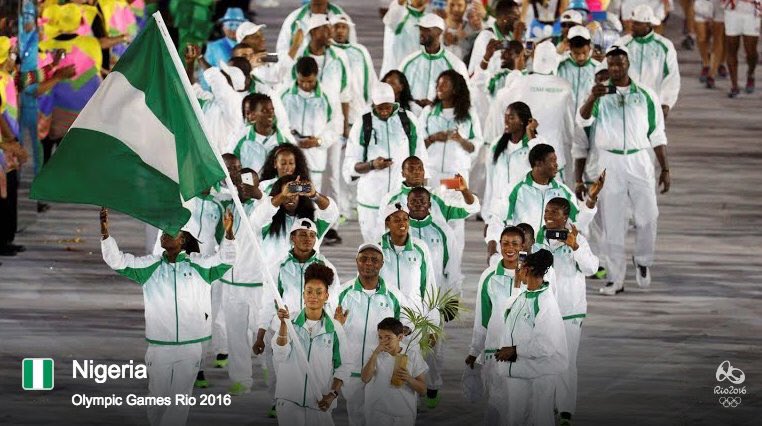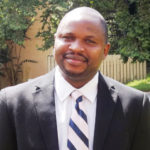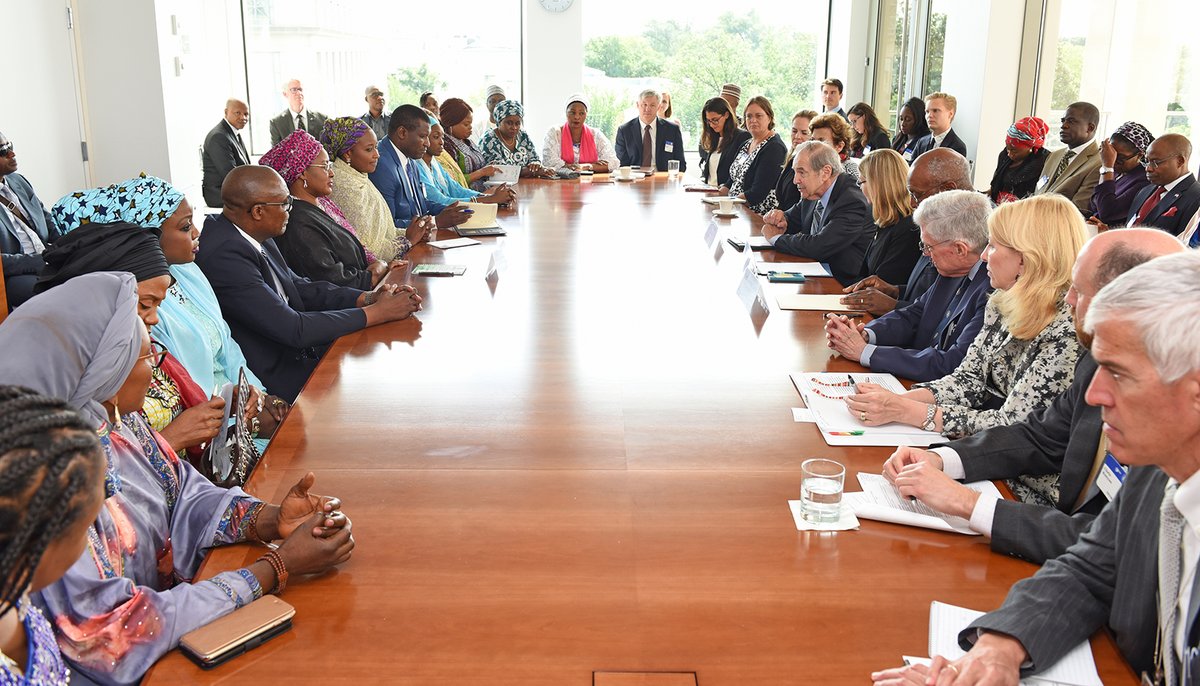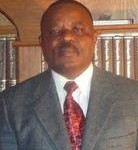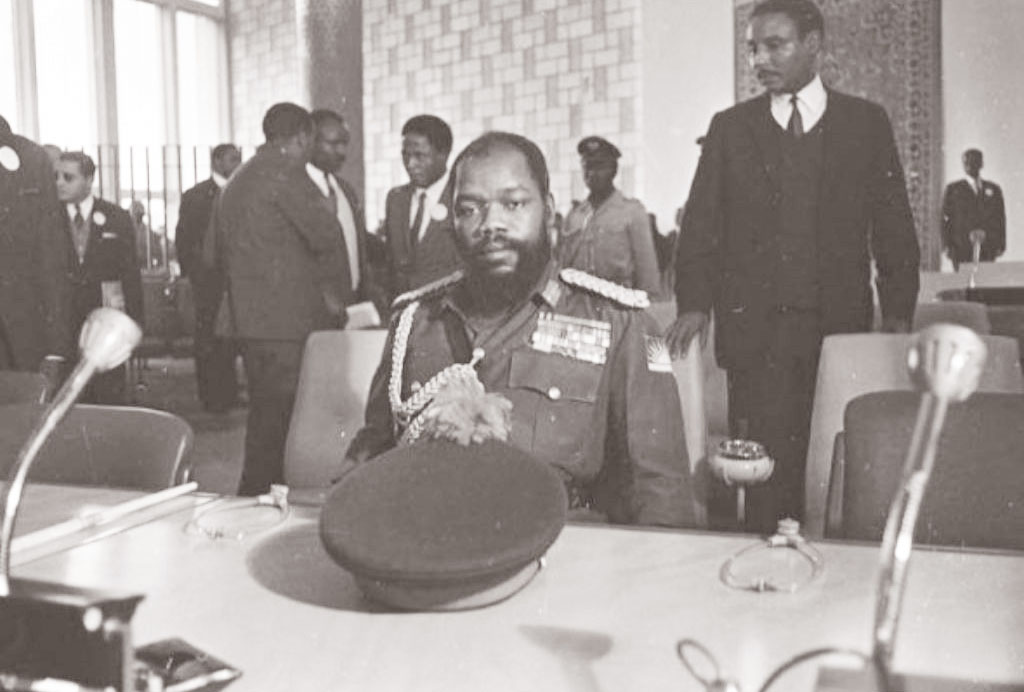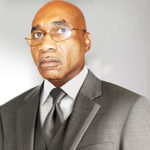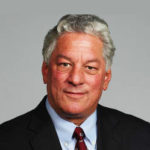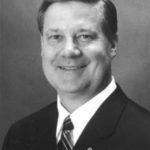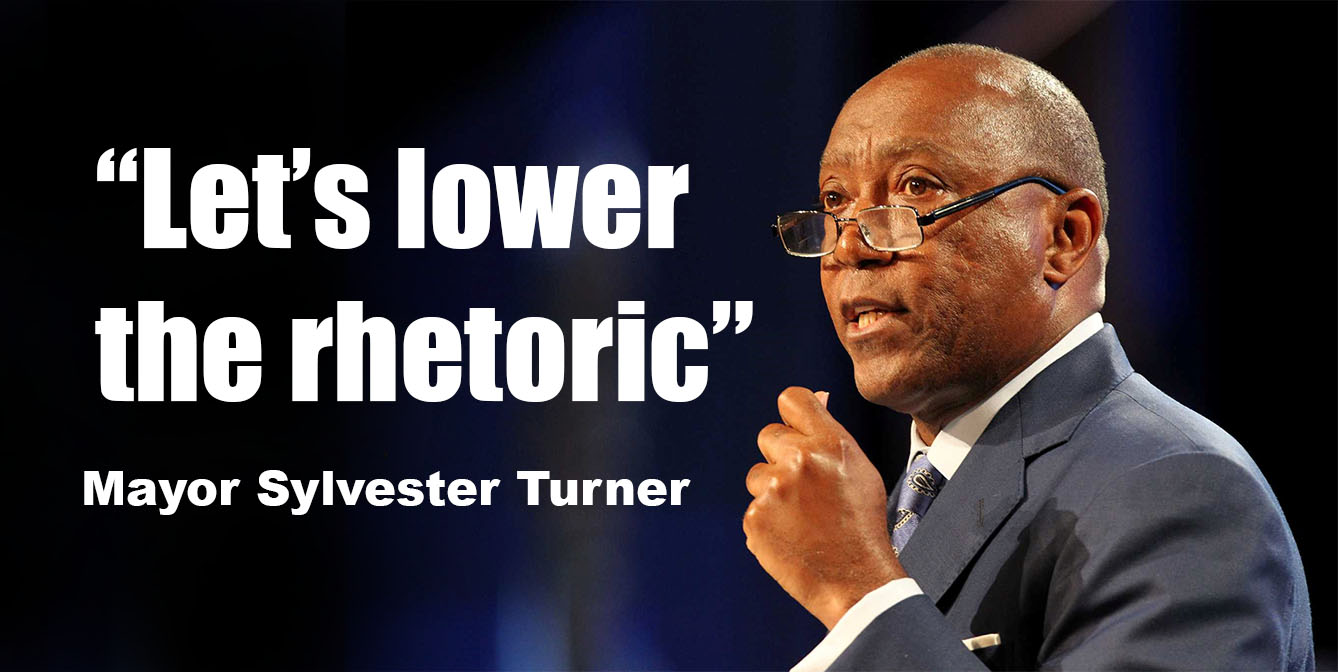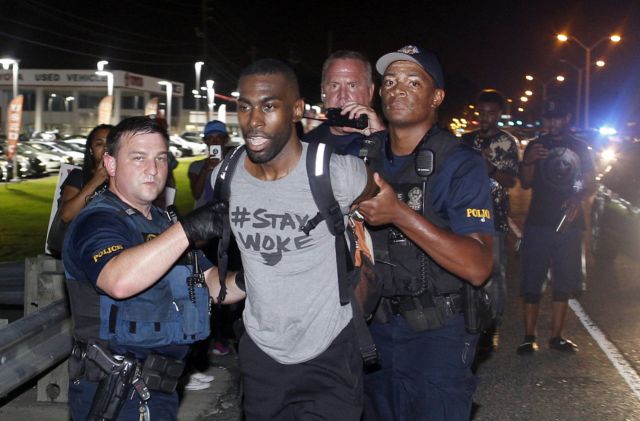Donald Trump went to a lily white Dimondale, Mich., (nearly 93 percent white) on Friday to lecture African Americans on why they should be voting for him:
To those hurting, I say: What do you have to lose by trying something new? I say it again, what do you have to lose? Look, what do you have to lose? You’re living in poverty, your schools are no good, you have no jobs. 58 percent of your youth is unemployed. What the hell do you have to lose? . . .
By contrast, the one thing every item in Hillary Clinton’s agenda has in common is that it takes jobs and opportunities from African American workers. Her support for open borders. Her fierce opposition to school choice. Her plan to massively raise taxes on small businesses. Her opposition to American energy. And her record of giving our jobs away to other countries.
Clinton, of course, is not for open borders nor for “giving our jobs away.”
He continued with his anti-immigrant spiel: “Hillary Clinton would rather provide a job to a refugee from overseas than to give that job to unemployed African American youth in cities like Detroit who have become refugees in their own country.”

Where to begin? The 58 percent figure has been debunked previously (the real number is too high but about one-third of what he claims). In July, the unemployment rate for all African Americans was 8.4 percent. So, contrary to Trump’s cockeyed view, more than 91 percent of African Americans looking for work do have jobs. Moreover, not all African Americans live in poverty or go to schools that “are no good.” This does not mean all liberal policies have worked or that policy innovations are not needed, but the real world bears only a slight resemblance to Trump’s dystopia. In making exaggerated and downright false accusations, Trump distracts from solid conservative arguments against liberal policies (e.g., opposition to school choice, Obamacare’s high marginal tax rate on the working poor) that do adversely impact African Americans.
The Clinton campaign put out a statement castigating Trump’s remarks: “Trump painting the entire community as living in poverty with no jobs continues to show he is completely out of touch with the African-American community.”
Trump doesn’t say, for example, if he’d be willing to spend more on worker training, education and other targeted programs that might address youth unemployment; he does, however, favor a tax plan that hugely benefits the rich. Until Friday, he hadn’t talked much about his plans to fight poverty and discrimination and we still don’t know what he would do, for example, to increase the success rate of African Americans in college or increase access to capital for African American entrepreneurs. In the past, he’s said he wants to eliminate the Education Department. Does that mean dispensing with Title I support for schools serving impoverished students? (African American children make up about 28 percent of Title I recipients.)
Let’s, however, return to the question he posed: What do African Americans have to lose by electing Trump? Let’s count the ways.
Trump has championed a strict law-and-order agenda that rejects the suggestion there are legitimate complaints in the African American community about policing. He is a lightning rod for racial animus and tension, falsely accusing cities with large African American populations to be crime havens. With Trump, we’d lack a president who had any conception that there is a problem with policing in minority communities or any desire to bring communities and police together.
This is someone who declines to speak at African American gatherings (e.g., the NAACP). He’s someone who just brought on to lead his campaign the former head of a website pandering to the alt-right — that means white supremacy. Only after prodding and a growing controversy did he figure out that he should denounce David Duke and the KKK. And, of course, this was a man heavily invested in birtherism, asserting the president was born in Africa, not in the United States. It’s ironic that in the very speech asking what minorities have to lose, he pits African Americans against immigrants. And let’s not forget his shout-out at a California rally: “Look at my African American.”
There is a reason Trump is getting in some polls 1 percent of the African American vote. (A number of African American and other minority employees of the Republican National Committee quit rather than work on his campaign, by the way.)
In addition, he may not realize it, but his Muslim ban, support for racial profiling and lies about Muslim Americans’ complicity in terrorism have a particular resonance with African Americans. A 2011 Pew study found: “Among the roughly one-in-five Muslim Americans whose parents also were born in the U.S., 59% are African Americans, including a sizable majority who have converted to Islam (69%). Overall, 13% of U.S. Muslims are African Americans whose parents were born in the United States.” So when Trump demonizes all Muslims, he’s demonizing many African Americans.
Aside from his repugnant rhetoric, Trump’s “solutions” for the country will make life harder for the poorest Americans, of which African Americans are a disproportionate share. In May, CNN reported:
The tariffs would cost the average household $2,200 a year, or 4% of their after-tax income, according to a new study from the non-profit National Foundation for American Policy conducted by David Tuerck, Paul Bachman and Frank Conte, all of Suffolk University. This is largely because imports under Trump’s policy would become more expensive, raising the price of competing American-made goods by 11%. That would effectively levy a consumption tax on purchases and cut into the incomes of shoppers.
“All of the benefits for producers would be extracted from consumers,” said Tuerck, who heads the economics department at Suffolk. “It’s using a blunt sword to do brain surgery. It would cost consumers an awful lot for rather small benefits for U.S. producers.”
Moreover, all voters, African Americans included, stand to lose with a president who fawns over dictators, demonstrates abject ignorance about our nuclear arsenal and undermines NATO. All Americans lose when the president declares he is going to order the military to commit war crimes or clamp down on a free press (banning reporters, threatening revision of labor laws). And all Americans lose when the president plans to add billions to the debt.
As a final note, at first glance it might seem odd for Trump to go to a nearly all-white community to declare how much he cares for African Americans. Well, it is doubtful that he or his advisers think they are going to do much better with African Americans than they are now. But, plainly, his divisiveness and association with racial bigots bother a lot of white voters. They view him as intolerant and hostile to nonwhite Americans. Many are embarrassed to support him for precisely this reason. This is Trump’s way of telling white voters, Look! I’m not so bad! I love African Americans!
In other words, in a campaign built around playing into the fears and resentments of whites, Trump is now trying to assure more sensitive voters that, hey, he’s not a racist after all. African Americans are props for him as he seeks to repair his rotten standing in the polls. It’s far from clear many Americans are going to fall for this.

